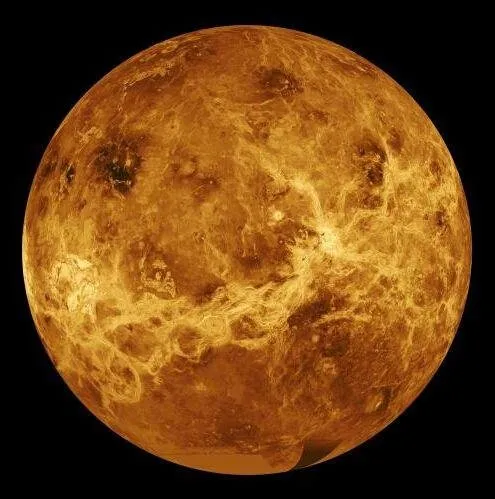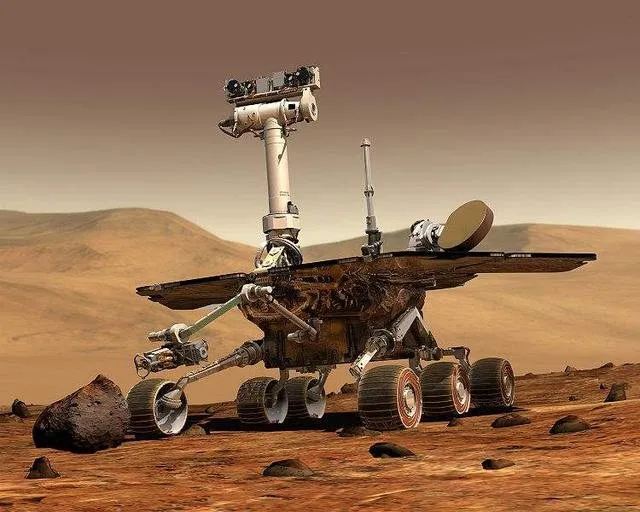Because Venus is not suitable for landing scientific research compared to Mars and Mars.

In fact, at present, the planet that humans actually land on is only the moon. There is still much controversy about landing the moon. For Mars, which is also close to Earth, we have only launched more than 40 detectors to detect Mars and have not been able to land on Mars.
For Venus, not to mention humans, even the detectors cannot stand the environment of Venus. The Mars Rover has so far launched 43 humans, 17.5 successes and 25.5 defeats. (The European Aviation Administration's "Mars Express" has been partially successful). Among them, the most famous Opportunity and Spirit, known as Gemini, have worked on Mars for more than five years. Among them, Spirit has worked for 7 years and Opportunity has served for more than 11 years. Contrasting the Venus probe, from 1970 to 1982, the Soviet layer launched eight probes to land on Venus, the longest one lasting 110 minutes. We must cry and stay for 2 hours.

(Mars Rover)
The axis of Venus is hardly tilted. What this means is that Venus' orbital orbit is almost a circle, and there is almost no inclination. Therefore, there will be no seasons. The temperature of the entire surface will not be much in the daytime or night. Venus has a thick layer of clouds, reflecting 90% of the sun, so the surface is dark and visibility is about 3.2 kilometers. It is very difficult for such people to survive.
The environment of Venus is not friendly to humans or even the machines that humans invented. This second planet near Earth, the surface of the planet, the surface temperature is much higher than the earth, the average surface temperature of 462 degrees Celsius, the temperature is higher than the home oven operating temperature. The pressure on Venus is also 92 times that of Earth. Venus also covers this thick layer of toxic sulfur dioxide on land. Our detectors use traditional silicon electronic technology instruments. With such high pressure and high temperature, and acidic decomposition in the atmosphere, it is difficult for the detector to work.
Due to the limitations of the environment of Venus, human exploration of Venus is not frequent. However, NASA scientists believe that Venus has a high research value. For example, the upper atmosphere of Venus is full of UV-absorbing particles, but no one knows what these particles are. If humans can figure it out, they may be able to contribute to breakthrough research in UV protection research.
It seems that our human exploration of the universe is very limited. We can't even explore the planets that are close to us, let alone more distant planets with a much harsher environment. What is even more fascinating is that Earth, a planet not far from the sun, provides an environment suitable for the living of human beings. Is it a bit too lucky, too accidental!